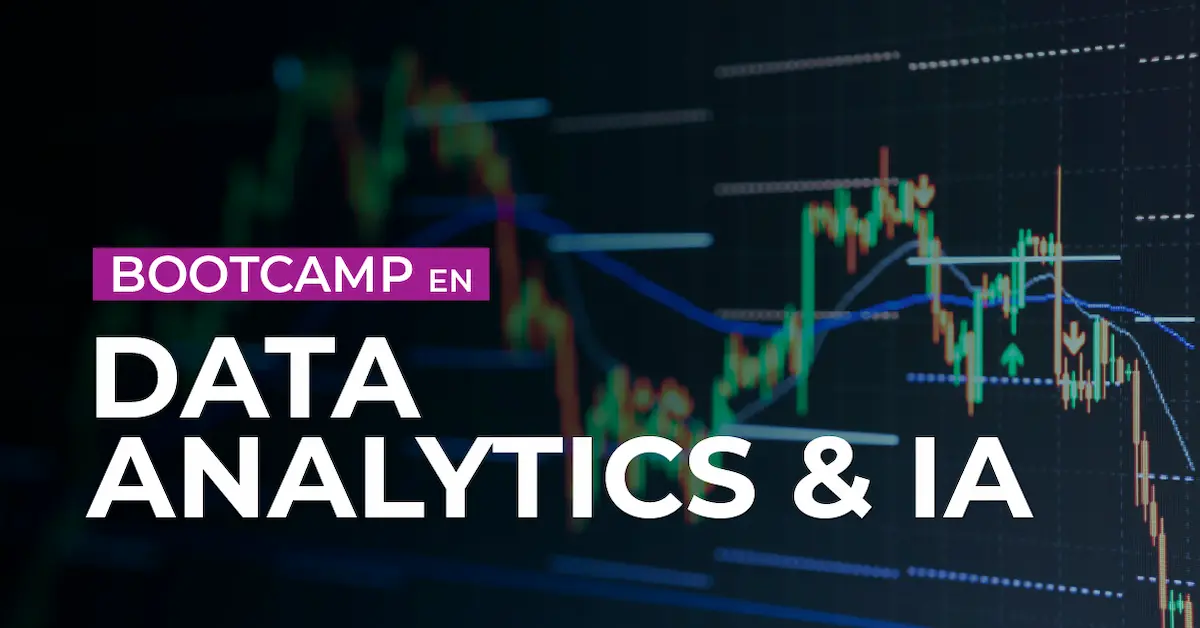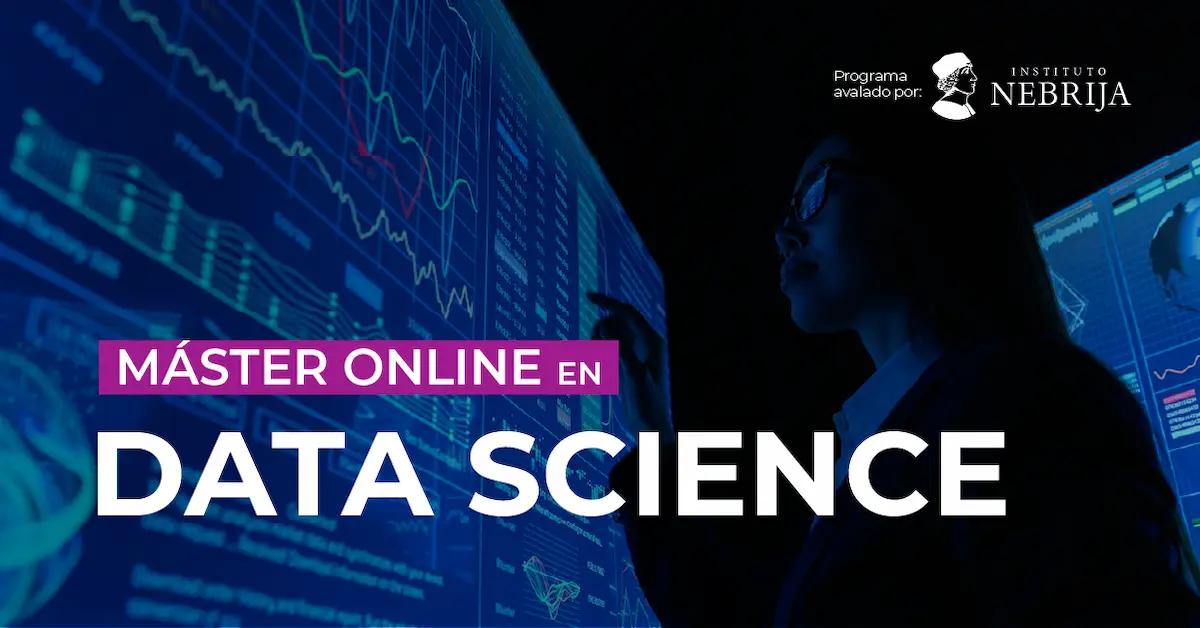The databases are at the heart of the digital era, allowing organisations to store, organise y manage data efficiently. Since their invention, they have evolved to adapt to the changing needs of information storage and access, and today they are more relevant than ever. In this article, we will explore the different types of databases and provide examples to illustrate how they are integrated in various contexts and systems, such as Excel and SQL databases, as well as innovative distributed database systems.
Types and examples of databases
The databases vary in complexity, from simple spreadsheets to advanced systems for large corporations. Common examples include customer databases for businesses, academic records in universities and inventory management systems in retail.
Databases in Excel
Although it is not a traditional database system, Excel is widely used to manage data in the form of spreadsheets. Its accessibility and ease of use make it ideal for small businesses and personal use.
SQL databases
The language SQL (Structured Query Language) is essential for interacting with relational databases, allowing users to perform queries and modify data efficiently. Some tata types in SQL include INTEGER, VARCHAR, and DATE, among others, which define the nature of the data that can be stored in a column.
Types of databases that exist
There are several types of databaseseach with its own characteristics and optimal uses:
- RelationalThe data are organised in tables related to each other by keys.
- Non-Relational (NoSQL)including document, graph and key-value databases, suitable for large volumes of unstructured data.
- DistributedThey run on multiple computers simultaneously and are essential for large-scale applications.
Distributed databases
The distributed databases increase efficiency by splitting the data load across multiple servers. This improves performance and offers greater resilience to failures compared to centralised systems.
Which are the most widely used in the world
Some of the most used databases include MySQLPostgreSQL, MongoDB and Oracle. These systems are noted for their robustness, flexibility and wide industry adoption:
- MySQLwidely used in web applications, it is known for its ease of use and efficiency.
- PostgreSQLpreferred for its compliance with standards and extensibility.
- MongoDBNoSQL: represents NoSQL databases, popular for their scalability and flexibility.
- Oracleis used by large companies, it stands out for its performance and advanced features.
Data and its manipulation
In all database systems, the DATA TYPES define the type of information that can be stored. These include numeric, text and binary types, each with their own rules and operations.
If you are interested in going deeper into the world of SQL databases and their manipulation, IMMUNE offers specific programmes such as the Data Science Master which approaches it from a holistic approach, the Bootcamp Data Analysis where you will learn in a practical way how to use databases. It is also possible to learn in a more specialised way how to displaying the data, programming SQL o PowerBI through short courses.
Why go for databases and their learning?
Firstly, because they are fundamental in today's society, being an essential part of our society. profile in high demand. More and more data is being handled in more and more massive ways, playing a key role in the decision making strategic.
The evolution of the DBs has taken us from simple flat files to complex distributed databases capable of operating across global networks. With the growing importance of big data and artificial intelligence, the ability to manage and analyse large data sets is more valuable than ever. This is reflected in the demand for professionals with advanced skills in SQL databases, NoSQL, and in the implementation of distributed systems.
In today's ecosystem, the basics in Excel remain a valuable tool because of their simplicity and accessibility. However, for managing large volumes of data and more complex applications, the SQL bases and the NoSQLwhich offer greater efficiency, speed and security. These tools enable businesses to extract value from their data, enhancing their ability to compete in an increasingly data-driven marketplace.
In addition, with the emergence of the distributed databasesIn addition, organisations can now enjoy a level of scalability and availability that was unthinkable just a decade ago. This not only improves responsiveness to market demands, but also opens up new possibilities for innovation and collaboration on a large scale.
The BBDD are more than just containers of information; they are the engine that drives innovation in almost every aspect of modern society. From mobile applications to global financial systems, their impact is pervasive. At IMMUNE, we recognise that mastering databases is essential to the future of technology and we offer an education that prepares students to lead this transformation.
Find out more about our Data Science courses using the form below!


